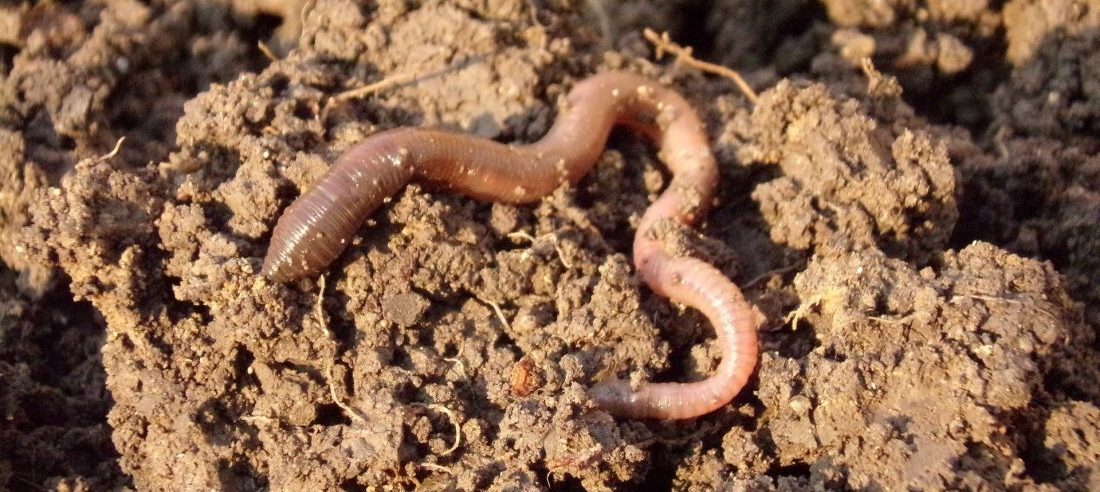By Andrew Hawkins
The humble earthworm is now globally recognised as an “ecosystem engineer” turning trash and crop debris into readily available plant nutrients and creating pathways for oxygen and drainage.
This isn’t new, two centuries ago, the famous botanist Charles Darwin recognised the importance of earthworms spending 39 years of his life studying them.
Earthworms are amazing, currently, 2,700 species have been identified and every single one can eat their own bodyweight in crop debris every day converting it into valuable humus which holds nutrients for plants to digest whilst improving soil structure.

To make the most of this incredible free resource we must care for and nurture them. Over cultivation and compaction from overgrazing (including sheep) is a worm killer. You can drown them in slurry and they don’t thrive in acidic soils.
The importance of providing a “safe haven” for these incredible creatures is essential considering that every acre is home to over a million of them.
5 ways to wangle yourself some worms:
- Increase your soil organic matter, earthworms not only feed on crop debris but combine decaying organisms with the soil making carbon more accessible to decomposition by soil microbes
- Get your soil in a sample bag and off to the laboratory to understand its strength and weaknesses. This will tell you the nutrient content and composition so you can make the correct management decisions
- Probably time to get a qualified nutrient specialist that has a full understanding of fertiliser recommendations and optimising the use of manures
- Don’t overdo it – soil compaction hinders earthworm’s ability to manoeuvre so avoid machinery and animal traffic in wet conditions
- Lime frequently – earthworms do not like acidic soils, and they benefit from the extra calcium
If you feel like you could do more to enhance your worm populations, feel free to contact me.








